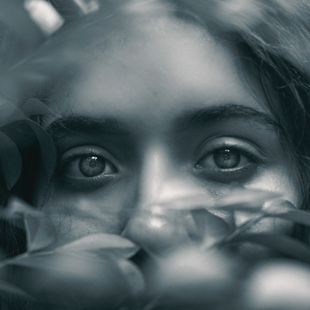Thich Nhat Hanh, in Together We Are One, advises us that our enemies are within, not without:
"We sometimes believe, 'Until this person or that institution changes, I can't be happy.' We may make a particular person or group of people into our enemy, we think they are the obstacle to our happiness. But our suffering comes from our own ignorance and lack of understanding, not from other people. When we understand this, we can open our arms to embrace all peoples, all species, and we have no enemies. To have no enemies is such a wonderful thing. When we have no enemies, no reproach, and no blaming, our mind is light as a cloud, and our happiness is vast, immense. We do not look at those who hurt us as our enemies, but as people who need understanding and compassion. When we are able to look in this way, we can call ourselves the children of the Buddha, disciples of the Buddha, and no one is our enemy.
"We can all practice like this to find our true home, so that we do not judge, criticize, accuse, or blame others for creating our suffering. This is the way a bodhisattva perceives, and we can all be bodhisattvas. To practice as children of the Buddha, we have to have the eyes of the Buddha, the eyes of compassion. If we use the eyes of compassion to look at the world, we can see that even those who oppress and exploit others, those who instill terror, or those who cause harm, can be our beloved ones. None of them are our enemies."
To follow Thich Nhat Hanh's wisdom, practice noticing what you experience as suffering. First direct your ‘eyes of compassion’ at yourself, releasing any places of judgment, discrimination, or division within you. As you embrace all parts of yourself without attachment, allow your eyes of compassion to turn to others with nonjudgment, with the loving and compassionate gaze of looking upon one’s beloveds.
— Habib Todd Boerger, Thich Nhat Hanh in Together We Are One by Thich Nhat Hanh